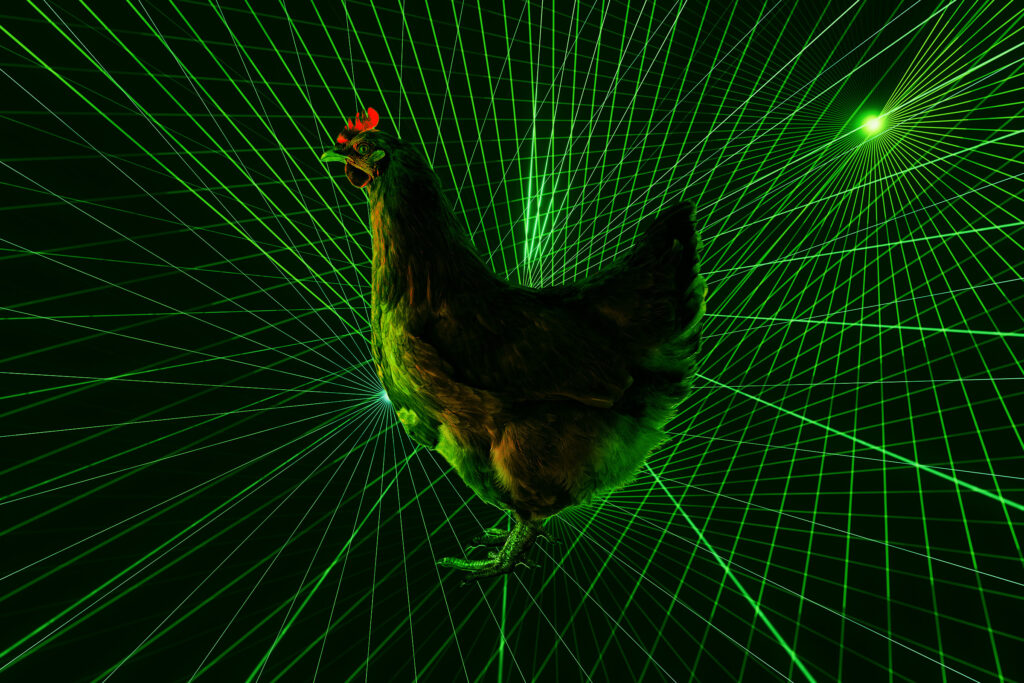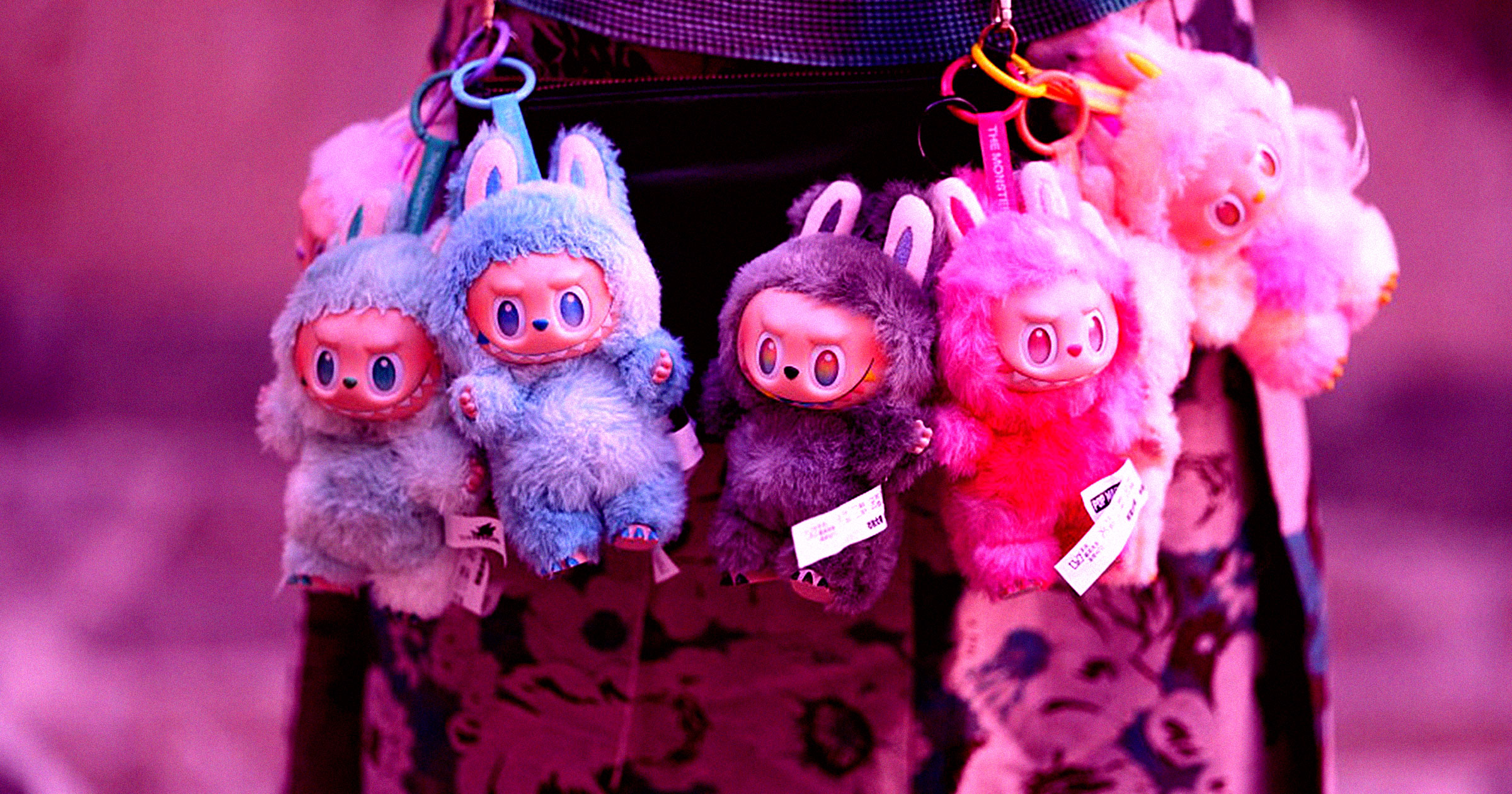
Farmers in Japan are turning to innovative technology to protect their poultry from threats posed by wild birds and other animals. The NTT e-Drone Technology Company Ltd has developed an automated laser drone system designed to deter these unwanted visitors from chicken coops. This initiative aims to enhance biosecurity measures in response to recent bird flu outbreaks that have devastated local poultry populations.
Utilizing a quadcopter equipped with a laser-grid projector, the drone autonomously navigates to areas with nuisance animals, employing red and green lasers to scare them away. Video demonstrations feature the drone successfully shooing away various wildlife, including wild boar, stags, crows, and waterfowl. This approach is intended to minimize the risk of disease transmission to poultry, particularly the highly pathogenic bird flu that has affected the region.
Response to Outbreaks
The development of this drone technology follows a significant bird flu outbreak in Chiba Prefecture, located to the east of Tokyo. In January 2023 alone, approximately five million chickens were euthanized due to the virus, which raised alarms about the stability of Japan’s food supply chain. The outbreak prompted the government to implement emergency measures, including deploying national guard resources to control the situation.
Chiba was particularly hard hit, with around 3.3 million of the poultry fatalities occurring in this prefecture. The new drone technology represents a potential shift in how farmers can safeguard their livestock without relying on hazardous chemical deterrents or conventional methods like guard dogs and netting.
Innovative Farm Management
As traditional methods of managing animal threats can be both dangerous and inefficient, the introduction of laser drones could signify a breakthrough in agricultural technology. Current practices have often resulted in unintended consequences, such as the case in California where a trapper discovered wild boar with blue meat after they consumed diphacinone, a chemical pest repellent.
By employing laser drones, farmers could effectively reduce the use of such chemicals, keeping toxins out of the food chain while still protecting their livestock. The drone system, while still in the proof-of-concept phase, has garnered interest from local authorities. The Chiba prefectural government is currently reviewing the technology’s potential adoption. If approved, subsidies may assist farmers in deploying these drones across the region, aiming to prevent future outbreaks of bird flu.
As agricultural challenges continue to evolve, the integration of technology like laser drones could provide a modern solution to age-old problems, ensuring a safer environment for poultry farming in Japan and potentially beyond.






